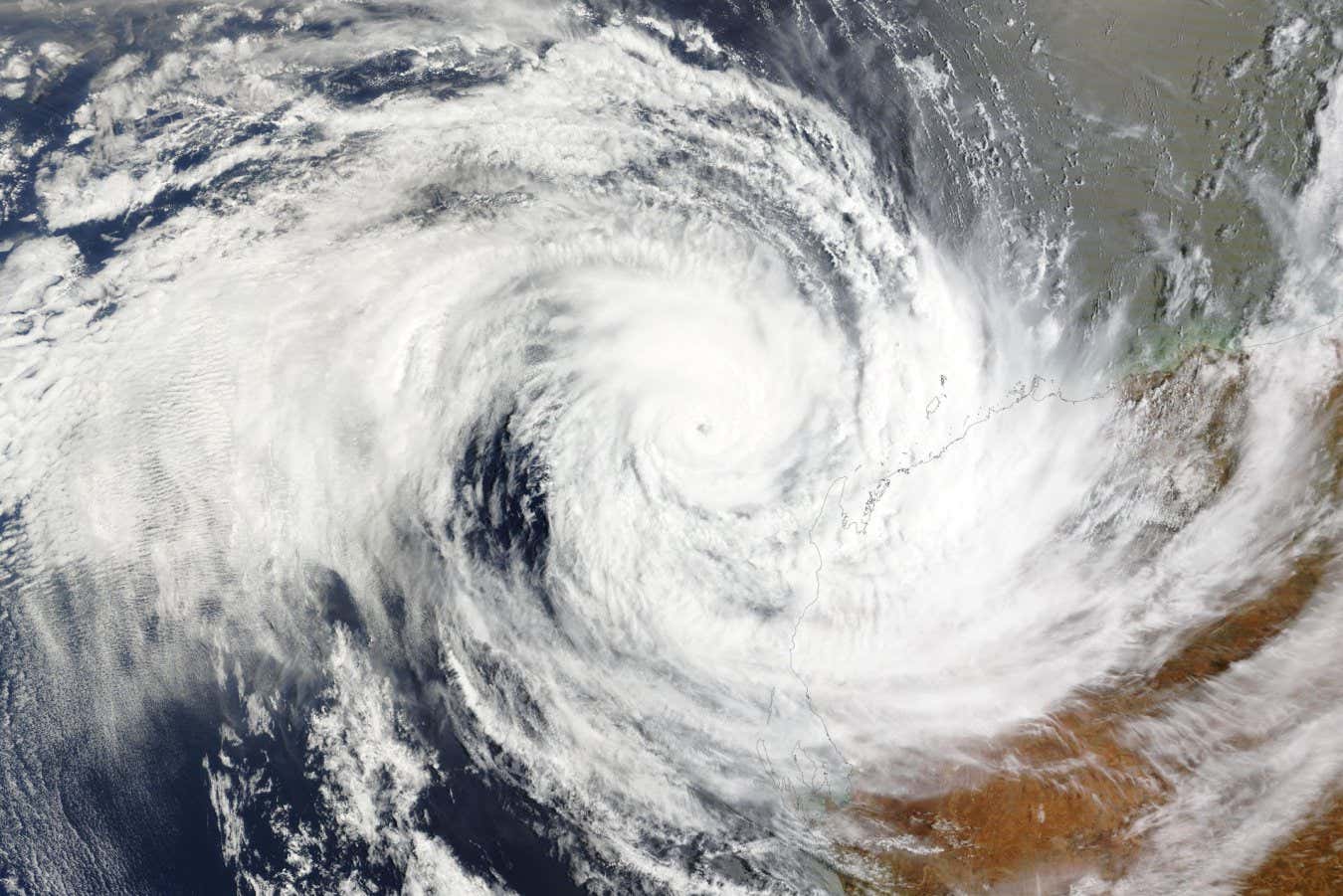Climate Conundrum: NOAA Experts Dodge Direct Link Between Rising Temperatures and Global Warming

In a surprising turn of events during a recent monthly global climate reporting call, scientists from the United States' premier climate and weather agency conspicuously sidestepped discussions about escalating greenhouse gas concentrations. The deliberate omission raised eyebrows among climate experts and observers, who typically expect transparent and comprehensive reporting on critical environmental indicators.
The unusual silence surrounding greenhouse gas levels suggests a potential shift in communication strategy or underlying concerns about how such data might be interpreted. Researchers appeared to carefully navigate around the topic, leaving listeners and climate watchers wondering about the motivations behind their selective reporting approach.
This unexpected development highlights the complex and sometimes politically sensitive nature of climate science communication, where the presentation of data can be as significant as the data itself. The agency's decision to avoid direct mention of rising greenhouse gas levels has sparked curiosity and speculation about the broader context of climate research and reporting.
